Fermenting advice
michelelc
11 years ago
Related Stories
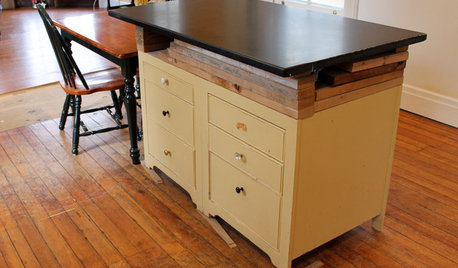
LIFEYou Said It: Memorable Quotes Around Houzz This Week
Share in the design advice, analogies and statements from the Houzz community that have struck a chord
Full Story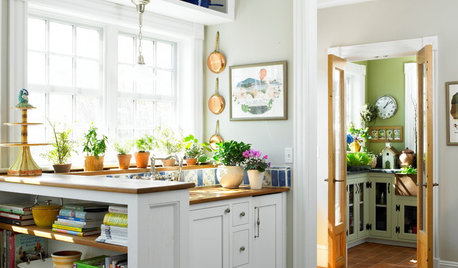
HEALTHY HOME12 Ways to Set Up Your Kitchen for Healthy Eating
Making smart food choices is easier when your kitchen is part of your support team
Full Story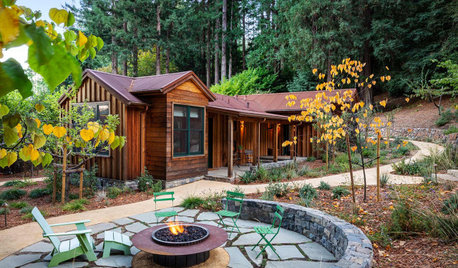
FALL GARDENING7 Reasons Not to Clean Up Your Fall Garden
Before you pluck and rake, consider wildlife, the health of your plants and your own right to relax
Full Story
KITCHEN WORKBOOKNew Ways to Plan Your Kitchen’s Work Zones
The classic work triangle of range, fridge and sink is the best layout for kitchens, right? Not necessarily
Full Story
HOUSEPLANTSHow to Force Amaryllis Bulbs Indoors
Enjoy vibrant red blossoms even as gardens turn snowy white, by teaching this hardy repeat performer to ignore the calendar
Full Story
GARDENING GUIDESBackyard Birds: Invite Entertaining Hummingbirds Into Your Garden
Hummingbirds — unique to the Americas — zip through open landscapes seasonally or year-round. Here’s how to attract them
Full Story
MODERN ARCHITECTUREKeep Your Big Windows — and Save Birds Too
Reduce bird strikes on windows with everything from architectural solutions to a new high-tech glass from Germany
Full Story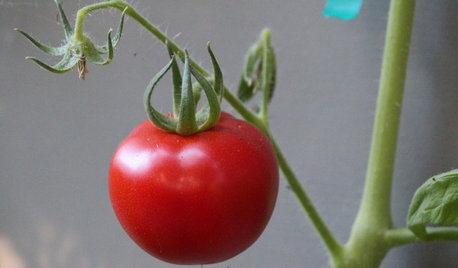
FARM YOUR YARDIf You Have Room for Only One Summer Crop ...
Get an edible that’s long on flavor even if you’re short on space, with a long-time gardener’s favorite picks
Full Story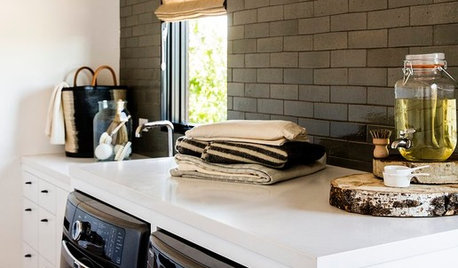
HOUSEKEEPINGClean Up Your Cleanup Zones
Make chore time more pleasant by tidying up your laundry room and updating cleaning tools
Full Story
LIFE21 Things Only People Living With Kids Will Understand
Strange smells, crowded beds, ruined furniture — here’s what cohabiting with little monsters really feels like
Full Story





green_grandma
digdirt2
Related Professionals
Suffern Landscape Architects & Landscape Designers · Taylorsville Landscape Architects & Landscape Designers · Concord Landscape Contractors · Alamo Landscape Contractors · Athens Landscape Contractors · Battle Ground Landscape Contractors · La Verne Landscape Contractors · Lynchburg Landscape Contractors · Nanuet Landscape Contractors · New Baltimore Landscape Contractors · Waipahu Landscape Contractors · Shenandoah Landscape Contractors · Philadelphia Roofing & Gutters · St. Louis Roofing & Gutters · Grand Rapids Driveway Installation & Maintenancedigdirt2
michelelcOriginal Author
digdirt2
michelelcOriginal Author
digdirt2
michelelcOriginal Author
readinglady